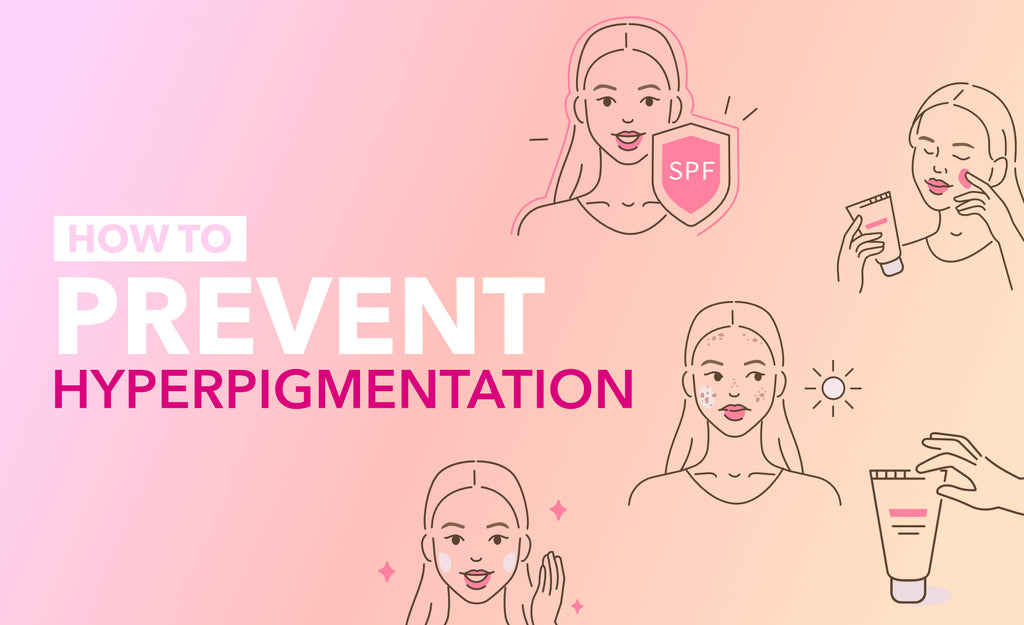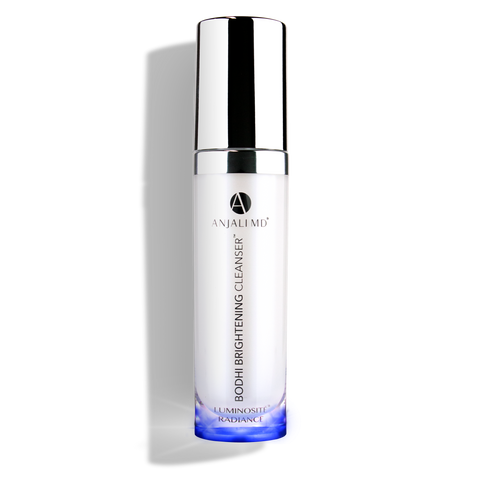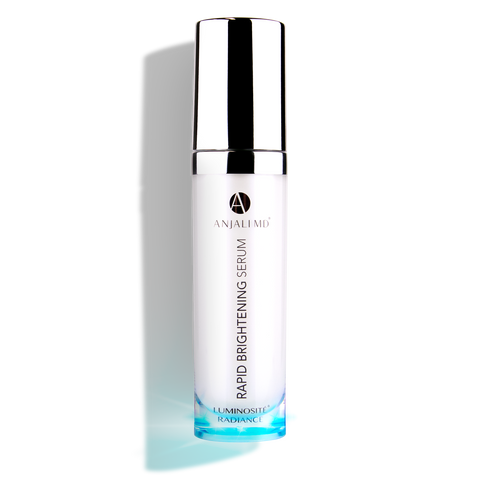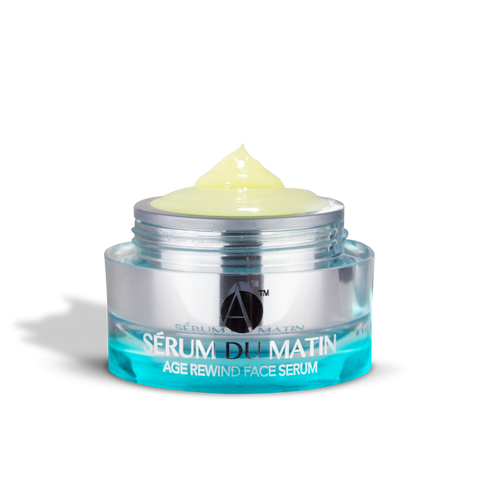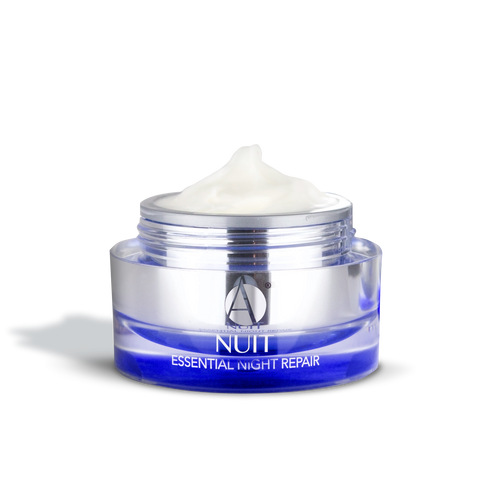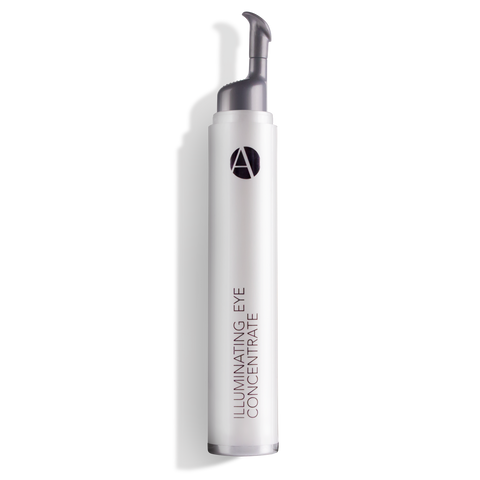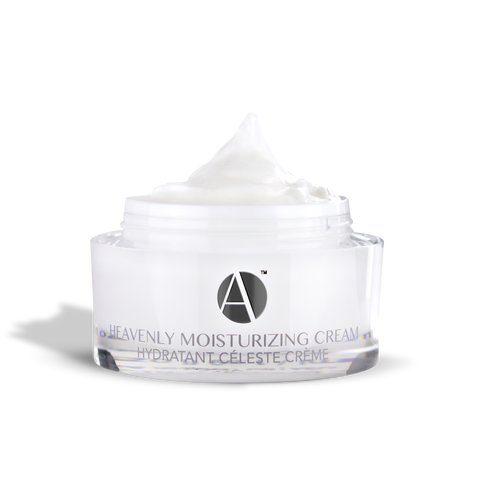The Connection Between Stress & Hyperpigmentation

Have you ever considered that stress could be the culprit behind your hyperpigmentation?
Stress is an inevitable part of life. While it can impact us in many ways, it's not often associated with our skin. However, studies have shown that stress can have a significant impact on our skin, specifically on the development of hyperpigmentation. Hyperpigmentation is a condition where dark patches or spots appear on the skin due to an increase in melanin production. In this article, we will explore the connection between stress and hyperpigmentation, why it happens and what you can do to prevent and treat it.
How Stress Can Cause Hyperpigmentation
Have you ever been up late at night, stressed about something, and wake up the next morning with bags under your eyes? This is just one way stress affects our skin. This is a more immediate, visible example on how stress affects the skin, but stress can definitely trigger a slower, more gradual onset of conditions like hyperpigmentation.
When we experience stress, our body releases a hormone called cortisol. This hormone triggers a series of events, which can lead to an increase in melanin production, eventually leading to hyperpigmentation.
Additionally, stress can cause inflammation in the body, which can also contribute to the development of dark spots and uneven skin tone. Stress can come from various sources, including work, relationships, financial issues and health concerns, among others. It's important to manage stress levels to not only improve overall health but also to maintain healthy, even-toned skin.
Types of Hyperpigmentation Linked to Stress
Stress can trigger various types of hyperpigmentation, including post-inflammatory hyperpigmentation (PIH) and melasma. PIH occurs when the skin produces excess melanin in response to inflammation or injury. Stress can increase inflammation in the body, leading to the development of PIH.
Melasma, on the other hand, is a type of hyperpigmentation characterized by dark, patchy areas on the skin, typically on the face. It is linked to hormonal changes and often affects women during pregnancy or while taking birth control pills. However, stress can also trigger melasma by stimulating the production of melanin in the skin.
Both types of hyperpigmentation can be frustrating for those who experience them, but understanding the link between stress and hyperpigmentation can help individuals take steps to prevent or manage the two conditions.
Managing Stress and Hyperpigmentation
Managing stress is key to preventing and reducing hyperpigmentation. (Easier said than done right?) There are several strategies you can implement to manage stress. While they may not eliminate stress entirely, they can at least help the way your body reacts to the stressful aspects of your life.
- Mindfulness and meditation: Mindfulness practices can help you stay focused on the present moment and reduce stress levels. You can incorporate mindfulness into your daily routine by meditating, doing deep breathing exercises or practicing yoga.
- Exercise: Regular exercise can help reduce stress levels and promote healthy circulation, which can improve your skin's appearance.
- Get enough sleep: Getting enough sleep is essential for overall health and can help reduce stress levels. Aim for seven to eight hours of sleep per night.
- Eat a healthy diet: Eating a diet rich in fruits, vegetables and antioxidants can help reduce stress and inflammation in the body, which can improve your skin's appearance.
- Practice self-care: Take time for yourself each day to do something that makes you feel relaxed and rejuvenated, such as taking a bath, reading a book or practicing a hobby.
In addition to these strategies, it is also important to seek professional help if you are experiencing chronic stress or anxiety. Your healthcare provider can help you develop a plan to manage stress and improve your overall health. At ANJALI MD Skincare, we are huge proponents of good mental health and encourage all of our clients to reduce their stress levels, for better skin and better overall health.
Conclusion
It's important to recognize the link between stress and hyperpigmentation. Stress can trigger an increase in melanin production, leading to dark spots and uneven skin tone. To manage stress and reduce the risk of hyperpigmentation, it's important to practice self-care and stress-reducing techniques such as meditation, exercise and getting adequate sleep. Additionally, incorporating skincare products with ingredients such as Vitamin C and retinol can help reduce the appearance of hyperpigmentation. Remember, taking care of your mental health can have a positive impact on your skin health as well.













